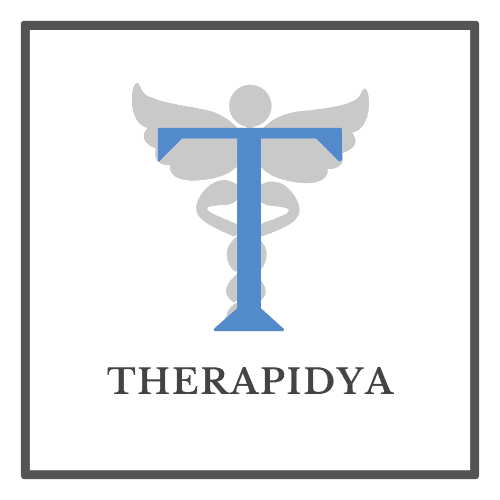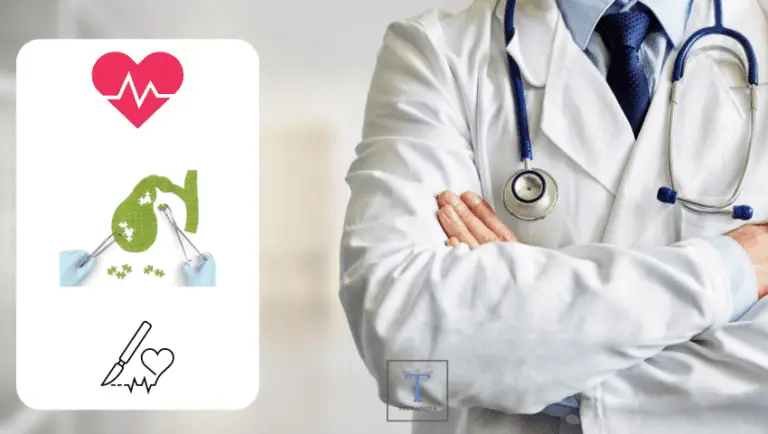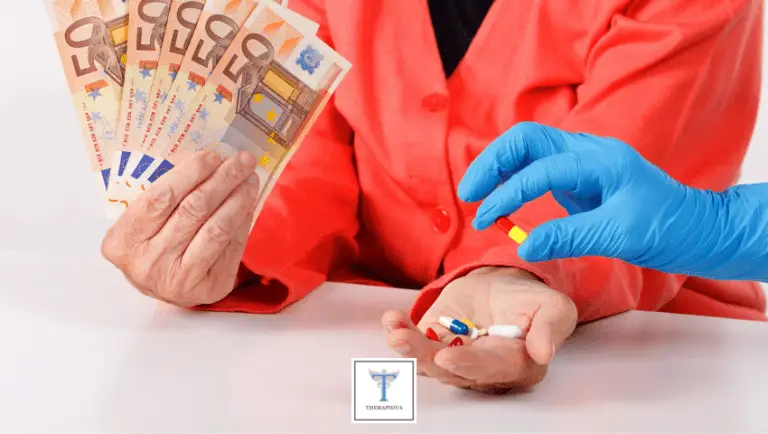Hajj Health Tips: A Full Guide .. 2023
In this article we will tell you anything you need to know about hajj health tips. To avoid many problems, Hajj necessitates a lot of energy and physical strength. Did you previously know the most important guidelines to follow in Hajj to avoid these issues during hajj month? Follow us as we provide you with important Hajj health information.
Millions of Muslims perform Hajj in 2022 as each year. Hajj 2022 dates are between 7-12 July. It is critical to stay healthy and strong during the physically demanding journey, so in this article we will provide you with health tips during Hajj as well as important prevention methods to avoid any health problems:
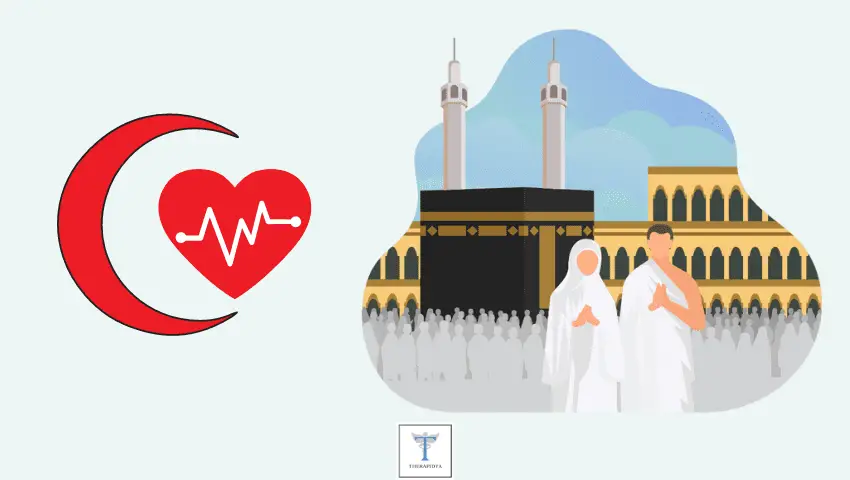
Hajj Health Tips
Terms of Islam are shahada salat zakat sawm hajj. And Hajj is one of them. When performing the Hajj, pilgrims are obligated to abide by a number of health regulations. In preparation for the Hajj, we have compiled the following list of helpful health tips for you to keep in mind:
Avoid Direct Sunlight
Heat stroke, which causes dizziness, thirst, and fatigue, is one of the most common problems that pilgrims face. As a result, it is advised to sit in a shady area, use umbrellas, particularly light-colored ones, cool the body with cold water, and drink plenty of fluids, such as water and juices, on a regular basis.
Also read: Online shopping at Saudi Arabia
Ensure the Medicines’ Quantity and Validity
It is recommended that you bring enough medicines to last the entire trip and that you keep all medicines in their original 2022 Hajj package and carry them in your hand luggage along with a printed copy of the prescription. You must strictly adhere to the doctor’s instructions and take the medication on time. Also you can check here for chronic diseases during Hajj.
Before Eating, Make Sure the Food is Clean
Food poisoning is common during Hajj, so it is recommended that fruits and vegetables be washed before eating them and that canned food and beverages be checked for expiration dates. It is also recommended to avoid exposed food because it is vulnerable to insects and pollution.
Skin Disease Protection
In preparation for el Haj, here are some helpful health tips, including information on how to avoid skin diseases such as peeling between the thighs at the month of hajj. Utilizing powder and moisturizing creams, as well as maintaining a clean and dry environment in the space between the thighs, can help prevent this from occurring.
Comfort
As the Hajj is a physically demanding and taxing pilgrimage, it is recommended that participants get adequate rest so that they can carry out their duties and replenish their energy.
Also read: Coffee Oil: Benefits, Side Effects, Warnings
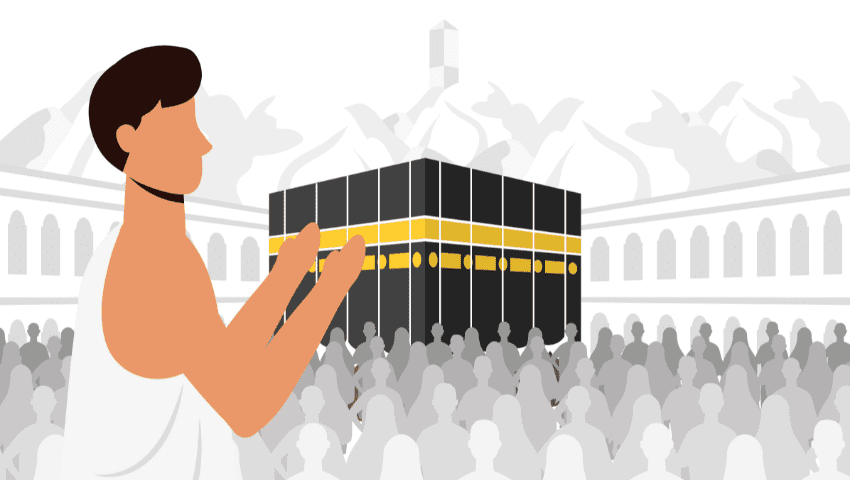
Preventive Tips For Hajj Pilgrims
When performing Hajj, we recommend the following precautions:
- Carry mild pain relievers and a first aid kit with you at all Hajj day in case of injury.
- Avoid storing food because travel takes a long time and some foods spoil, as well as to prevent the growth of bacteria that causes food poisoning.
- To protect yourself from infectious diseases such as hepatitis and AIDS, ask the barber to wash his hands thoroughly with soap and water before shaving or cutting, and make sure to choose the right barber and use the razor only once.
- To avoid dry eyes caused by dust, dry weather, and direct sunlight, wear sunglasses and use eye drops.
- Put on shoes of a high quality to shield your feet from injury, and pull back from any activity if you begin to feel tired or under pressure.
General Tips For 2022 Hajj Pilgrims
Here are some general pointers to keep in mind:
- Change your clothes on a regular basis, wear loose-fitting, light-colored clothing, and avoid wearing heavy clothing.
- Spitting on the floor, defecating in the toilet, or anywhere else nearby can all be a source of infection.
- It is imperative that you prevent any fires from starting inside the tents.Avoid slaughtering sacrificial animals near tents or on roads, as this can cause bad odors and diseases.
- Wear a wristband or information card with your name, age, disease, type of treatment, address, and contact information on it.
- If you have a health problem, go to a nearby health facility as soon as possible.
This post is also available in: Dansk (Danish) Français (French) Deutsch (German) עברית (Hebrew) Italiano (Italian) Polski (Polish) Română (Romanian) Русский (Russian) Türkçe (Turkish) Español (Spanish) Български (Bulgarian)
